At 3 a.m., my daughter called me, begging for help—her husband was beating her. When
Mark’s desperation turned to fury as he realized the trap he was caught in. He bared his teeth, a snarl replacing the mask of sorrow he had donned...
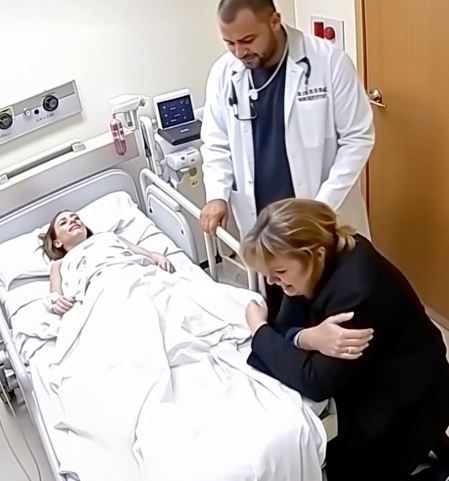
Mark’s desperation turned to fury as he realized the trap he was caught in. He bared his teeth, a snarl replacing the mask of sorrow he had donned...
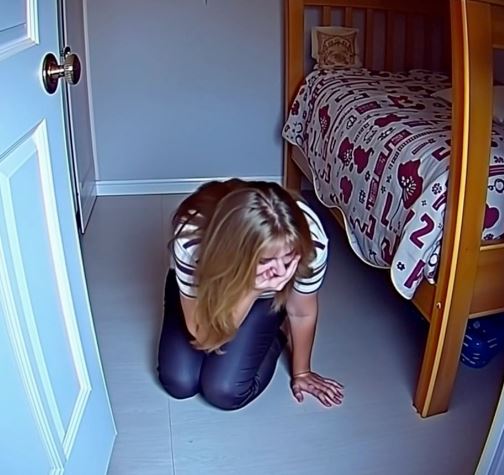
Under the bed, there was a small, dusty box that I had never seen before. My hands shook as I pulled it out, my heart pounding with a mixture of fear...
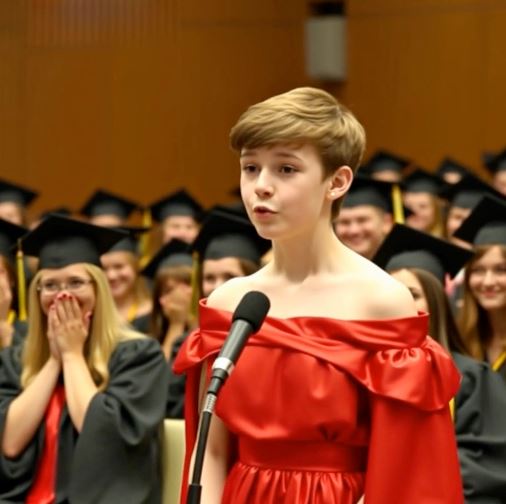
“I know why you’re laughing,” he said, his voice soft but steady, echoing through the auditorium. “You see a boy in a dress and you find it...
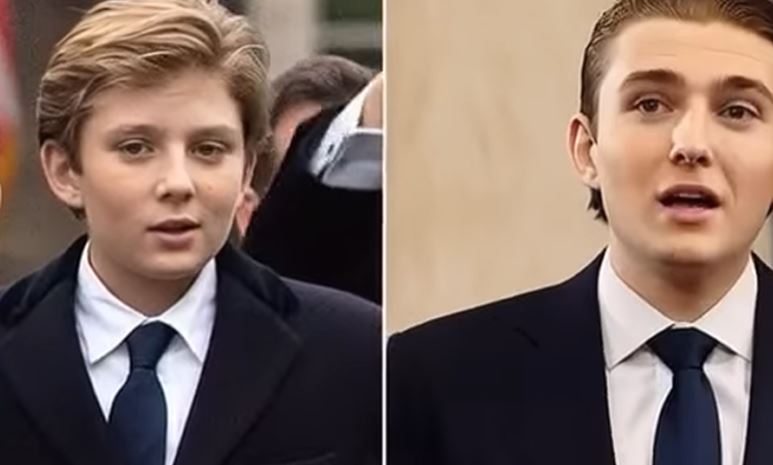
The narrative of the American political dynasty is often one of high decibels, grand gestures, and the relentless pursuit of the spotlight. Yet, as...
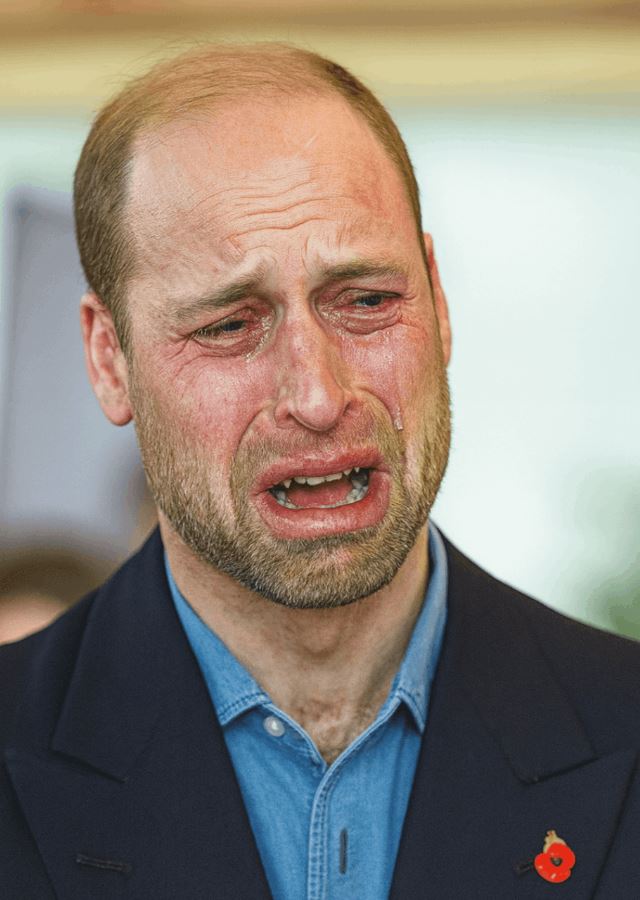
In a twist that has sent shockwaves from the gates of Buckingham Palace to the furthest reaches of the internet, Prince William has officially...
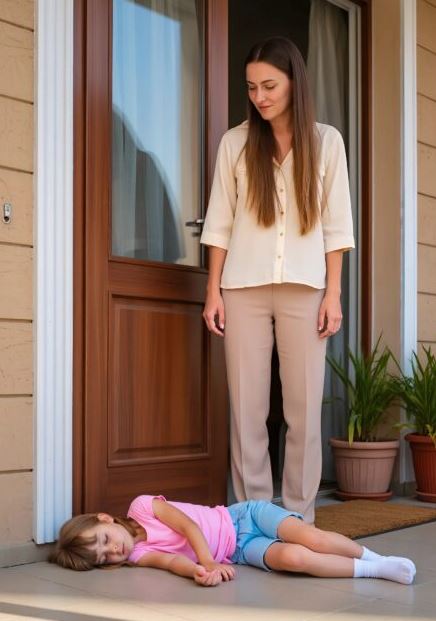
I came home exhausted, keys heavy in my hand, mind already planning the short drive to my parents’ place. It had been a long day at work, the kind...
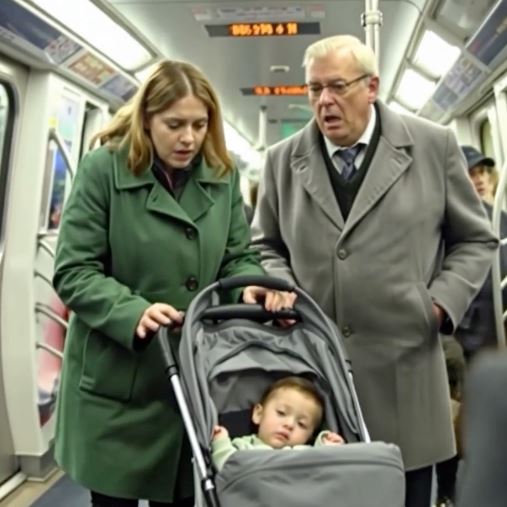
When a familiar voice cut through the din of the subway car.“Alyssa?” Her father’s voice was unmistakable, even above the clatter of the train....
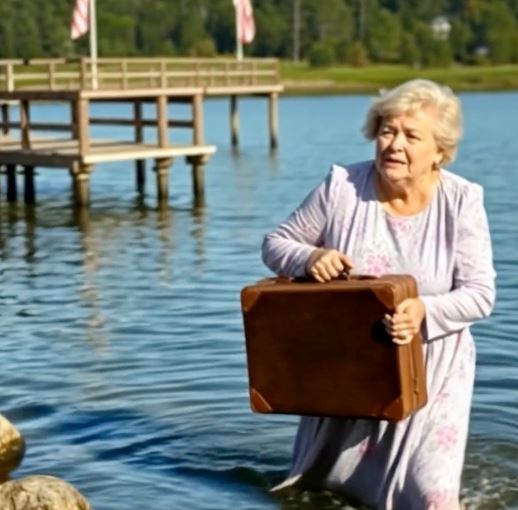
I sat down with a heaviness in my chest, the weight of the unknown pressing on me. The room seemed to close in as I braced myself for whatever...

Olivia d’Abo is a name that resonates with many, evoking images of a captivating actress with a sultry voice and a mesmerizing presence. Although...
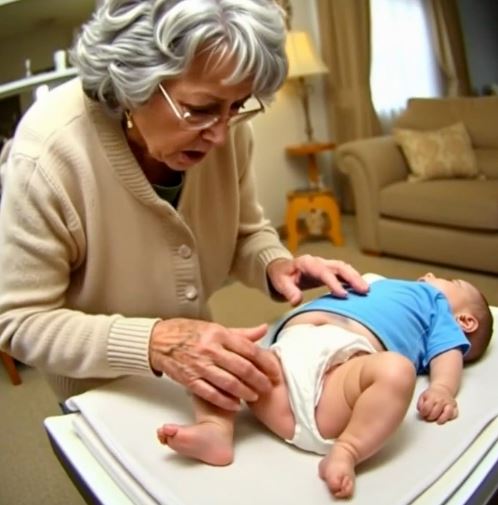
As the realization settled in, a painful knot formed in my stomach. The very thought of my son or daughter-in-law being responsible for this was...